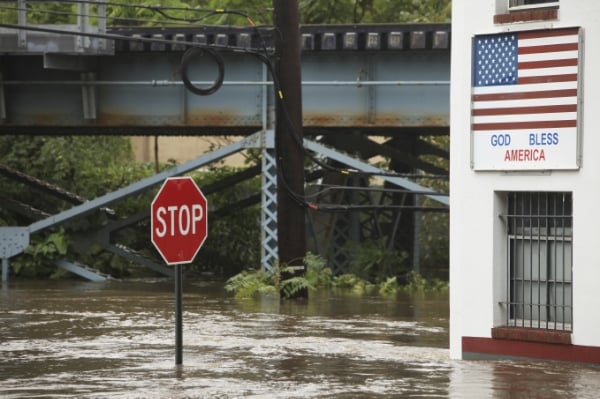Over the past few weeks, I published a series of blog posts comparing InsitePro™ to RiskMeter Online™. Readers might have been wondering why anything but RiskMeter is needed for flood risk assessments in the United States, where FEMA ratings dictate flood insurance rates. The reason is that times are changing, and more and more carriers are moving into private (i.e., not backed by the NFIP) flood coverage, where FEMA ratings — and thus RiskMeter — are no longer adequate.
Topics: InsitePro, Flood Insurance, Insurance Underwriting
I've been discussing the merits of risk scoring quite a bit recently, first explaining the 4 major benefits and then taking a closer look at how it works. But since pictures are worth a thousand words, I've put together a visual presentation that shows the value of risk scoring, specifically in InsitePro.
Topics: InsitePro, Insurance Underwriting, Risk Management
Underwriting Natural Catastrophe Coverage: Analytics vs. Wishful Thinking
Posted by Ivan Maddox on Feb 24, 2015 12:51:00 PM
Insuring property against natural catastrophes is a funny business because periodical losses are important to the market; this post from Sam Friedman explores why. In a nutshell, the insurance industry depends on catastrophic losses from time to time to normalize the supply and demand — and thus the pricing — of insurance capacity. The post is worth reading not just because it’s informative, but also because it explains the concept of “naïve capacity” (what a brilliant term for much of what happens in the capital markets these days!).
How Risk Scoring Can Improve Underwriting: 4 Major Benefits
Posted by Ivan Maddox on Feb 10, 2015 2:53:00 PM
Other than the population of number-crunchers concentrated in lower Manhattan, (a.k.a the stock market), there is no other industry more enamored with — and dependent upon — huge amounts of data than insurance. To run their day-to-day businesses, insurers of all kinds depend upon everything from 100-year-old archives of policies and claims, to predictive analytics producing data for events that haven’t actually happened.
Specifically, property insurers (as well as brokers and reinsurers) depend on natural catastrophe models, maps, building plans, and industrial machinery profiles, along with their own claims and policy data. The reason everyone needs to use so many datasets is that no single dataset is satisfactory, let alone comprehensive, for predicting the future (which is what every insurer is essentially trying to do every hour of every day).
Topics: Insurance Underwriting, Risk Management, Risk Scoring
Property insurers and reinsurers all have a dataset that is simultaneously:
It’s worth exploring how a historical database of claims can be all three things at once.
Topics: Natural Hazard Risk, Insurance Underwriting, Property Insurance





